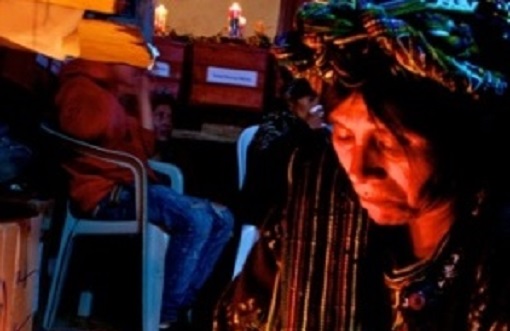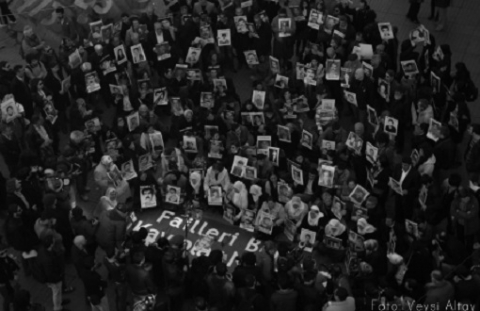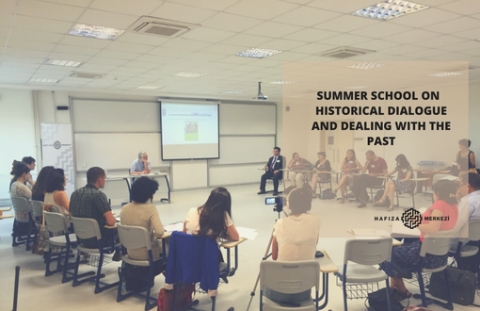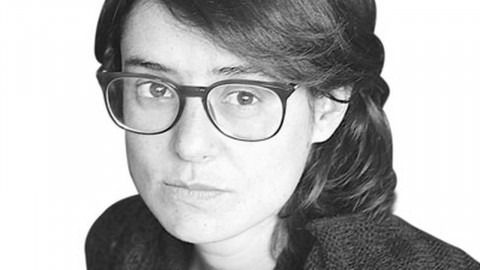
The twentieth century is one of the bloodiest centuries of human history. But at the same time, this century is also an era of rights.
It is an era in which individuals and groups have achieved important and lasting gains in the struggle for rights.
Confronting the past, perhaps the most important area in which these two contradictory developments intersect, becomes concrete as a mechanism of transitional justice. The instruments for transitions to democracy and democratization following wars, civil wars, and dictatorships have reached a point where they are connected to and framed by rules, and have even become academic fields of study. Historical dialogue initiatives (for example, relations between Germany and France, China and Japan, and even the Armenian genocide) and mechanisms of transitional justice (South Africa, and most recently, Brazil, Canada, and even Lebanon) are two examples of this institutionalization. It is important to evaluate apologies, reparations, memorialization projects, reparative or punitive justice mechanisms, truth commissions, and commissions for historical dialogue, particularly from a gendered perspective. This kind of evaluation is understood as a necessary means of accounting for and establishing a new system built on rights.
Efforts at memorialization
Transitional justice has been applied in many different countries over the past thirty years, but one could say that the last ten years have been marked by various efforts at memorialization.
Grave violations of human rights, genocide, the denial of ethnic existence, ethnic and religious conflicts, and civil wars are some of the areas in which efforts at memorialization have been implemented.
Especially in the last ten years, events and projects that aim to keep memory alive, such as historical places/sites, monuments and museums, some social and conceptual art projects, memorial ceremonies, and shows, have come into prominence as critically important elements in the fight for democracy and human rights.
Memory is a flowing, developing, constantly changing thing. However deep it may be rooted in the past, memory can define the present and shape the future. It can help give new meaning to the past.
When those who were a part of the history of violence remain in influential positions, even if they don’t maintain all of their political power, they can have a negative effect on the memorialization projects implemented on a national level.
When memory is central in terms of identity, just like it affects our relationships with others, it can also impact our approach to how we think the past should be handled. Memory’s ethnicization in Bosnia-Herzegovina and in Burundi, its suppression in Cambodia, the identification of injustice with the state in South Africa, and the memory of silence in Guatemala are some examples of this impact.
Regardless of how much all of these efforts require a regime change or a transition, it can also be said that these efforts must be used in order to support democratization and change.
The beginning of the fragmentation of dominant official discourses and conduct is a process, and this process starts before the ‘transition’. In this case, civil society emerges as the primary actor. Foundations, some political parties, municipalities, initiatives…
Beginning these kinds of projects before a political shift occurs can support demonstrations of political will.
However, even if common approaches and discourses cannot be achieved, these projects have a strong impact on revealing the truth, circulating different discourses against the dominant one, and creating discussion.
How should they be done?
In order for these projects to be done properly, it is useful to ask questions such as ‘What are we doing? Why are we doing it? How are we doing it? Can memorialization be done without any organic ties to the local community? How do we ensure participation? What are we aiming to accomplish with the project we are doing?’
- It is useful for all of the actors who have a place in memorialization efforts to constantly question their approach and participation in terms of supporting the necessary social changes.
- For this reason, memorialization initiatives should ensure long-term participation instead of only being satisfied with participation during the planning stages, they should form connections between the past and the present, and they should aim at younger generations.
- In terms of ensuring continuity, therefore, local structures and organizations can ensure this function in a more dynamic way.
- It is very important for local actors to participate in decision-making processes.
- Therefore, memorialization should be considered a long-term process, as something that undergoes change over time and that considers how memories develop over time.
- Because of the changes that static monuments can cause to the dynamic processes of memorialization, even if they don’t seem to be entirely suitable, they can serve as an important means of remembrance.
- Memorialization initiatives should be supported with a comprehensive program or another similar initiative on the topic, or they should be a part of confronting the past as a whole. By contrast, they can give rise to the danger of remaining frozen at a particular moment in time.
- In order for a monument to promote a culture of resistance against human rights violations, it should be guided by carefully crafted goals and strategies beginning with its inception, and it should be able to communicate those goals clearly.
- It is important to take ownership over the features of memorialization initiatives, such as breaking the silence and preventing the violence of the past from happening in the future.
- The production of monuments or the protection of sites of memory should never be done in a way that capitulates on truth or justice.
- All of the national and international standards related to memorialization should reflect, in every capacity, similar criterion for democracy. For example, transparency, inclusivity, public participation, verifiability, and responsiveness…
- Memorialization should mobilize and give priority to young people as agents of change in order to ensure that the violence of the past is not repeated and to honor the memories of victims and survivors of human rights violations. Because youth is largely concentrated among the actors of the conflict, it tends to be left aside.



